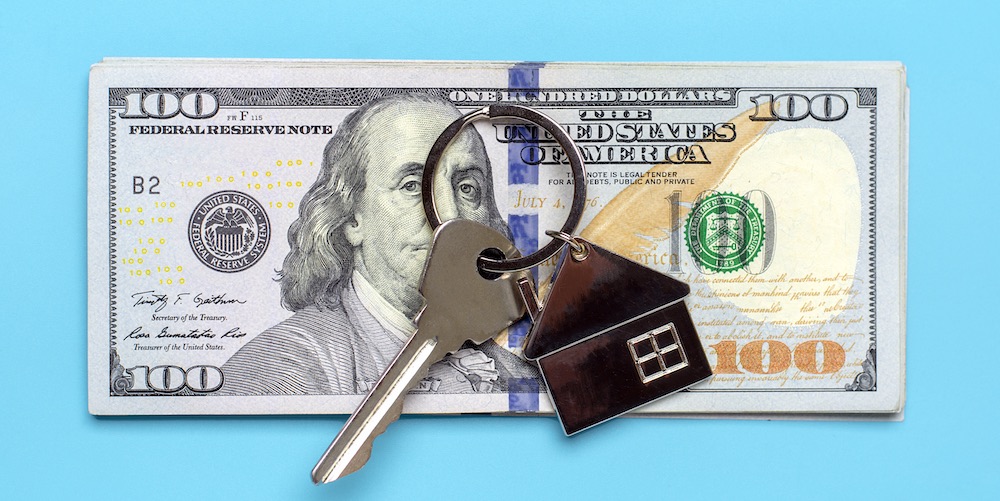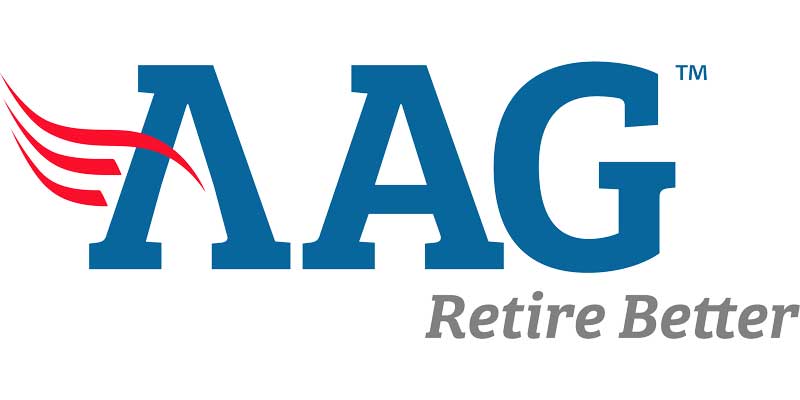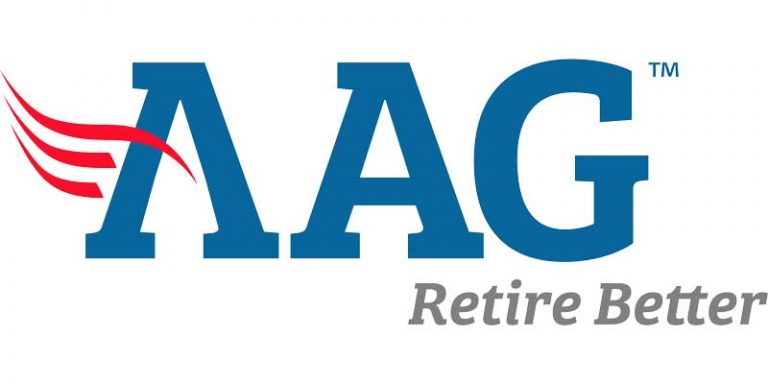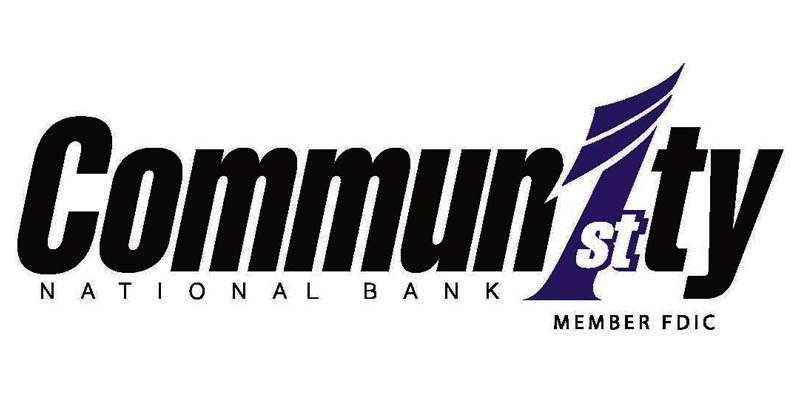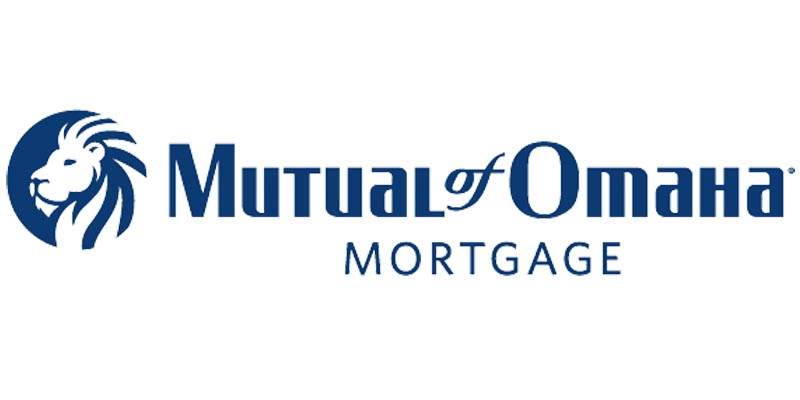Reverse mortgages are a useful tool in retirement, especially if you started investing late and don’t have as large of a nest egg as you’d like. But reverse mortgages also come with several costs that are important to consider before taking out the loan.
So how much does it cost to get a reverse mortgage, and how do they work? We’ll explore the full breadth of reverse mortgage fees below.
What Is a Reverse Mortgage?
A reverse mortgage is a loan that homeowners who are 62 or older can get based on the equity they have in their home. Seniors can use this financial product to infuse their monthly budget with additional income, so they can enjoy retirement more and worry less about rising medical costs. Unlike a traditional mortgage though, you don’t make monthly mortgage payments. The loan doesn’t have to be repaid until you move from the home.
Reverse mortgages can seem complicated—that’s why the federally insured reverse mortgages, called Home Equity Conversion Mortgages (HECMs), require you to complete a reverse mortgage credit counseling to ensure you understand the process and how your loan will work before moving forward.
You’ll need to know about the tax implications of reverse mortgages, HECM lending limits, and the different types of reverse mortgages available. You’ll also need to understand what happens to your home (and the loan) once you move or pass away—or if you miss property tax payments.
Just as importantly, you’ll need to budget all the reverse mortgage costs you’ll pay for such a loan.
Reverse Mortgage Costs and Fees
Reverse mortgage costs can add up quickly—there are quite a few of them. Reverse mortgages have upfront costs as well as ongoing fees that you’ll need to consider, but similar to traditional mortgages, you can finance most of them into the loan rather than pay them upfront.
Most seniors take out a HECM insured through the United States Department of Housing and Urban Development (HUD) and Federal Housing Administration (FHA). These are federally insured and, as such, have the strictest regulations lenders must adhere to.
Common HECM reverse mortgage costs include:
- The cost of a HECM counseling session
- FHA-approved appraisal
- Third-party closing costs (e.g. title, processing, notary)
- FHA-mandated repairs
- Mortgage insurance premium (initial and annual)
- Loan servicing fees
- Interest
The amount of each of these fees can vary because many are a percentage of your home’s value or a percentage of the loan amount itself. The table below breaks down how these common reverse mortgage costs work:
| Fees | Typical Cost |
| HECM counseling session | $125 – $225 (ask whether discounts or grants are available) |
| FHA Mortgage Insurance Premium | 2% of the loan amount upfront, plus 1% on outstanding balance annually |
| Loan servicing fees | Up to $30/month for fixed-rate loans; up to $35/month for variable-rate loans, although most servicers do not charge these fees |
| Interest | 6% to 11%, depending on current rate and loan type; can be fixed or variable |
| Third-party charges | Variable; may include processing fees, title insurance, document preparation, notary fee, etc. |
Required HECM Counseling Session
On average, you’ll pay $125 for this session (that’s what the HUD recommends), but some agencies may charge a different fee—or no fee at all. Your formal loan proposal will include a list of approved agencies.
Before taking out a HECM loan, potential borrowers must meet with a qualified, FHA-certified reverse mortgage counselor to understand loan requirements, how it can impact their finances, and how it could impact spouses and next of kin when the borrower passes away. The counselor is not allowed to give their opinion or influence the borrower one way or the other, or steer you toward any specific agency, as they are not licensed mortgage loan originators. However, they can advise on different wait times and charges based on their experience.
Origination Fees
When it comes to HECM origination fees, lenders can charge the greater of $2,500 or 2% of the first $200,000 financed (that’s $4,000 max) plus 1% of any additional loan amount over $200,000, up to a maximum origination fee of $6,000.
Many loan types—mortgages, auto loans, personal loans, and reverse mortgages—have origination fees to start an application and process the loan. This is how the loan professional and company get paid for processing the loan.
The FHA strictly limits HECM origination fees to keep them reasonable; proprietary reverse mortgages have less regulation and can thus have higher origination fees.
Mortgage Insurance Premium
If you purchased a house without putting down 20%, you likely paid private mortgage insurance (PMI). Similarly, reverse mortgages come with a mortgage insurance premium, financed as part of your loan. For HECMs originated after 2017, the mortgage insurance premiums are broken down in two ways:
- Initial mortgage insurance: An initial premium of 2% due at closing.
- Annual mortgage insurance: An annual mortgage insurance premium equal to 0.5% of your outstanding mortgage balance. (Prior to 2017, the annual charge was 1.25% per year.)
This insurance premium goes directly to FHA and covers the lender’s risk in case they can’t recover the full loan amount in the future.
Loan Servicing Fee
Each month, you’ll pay the lender a fee to service your loan. This covers the cost of disbursing loan funds, sending account statements, and ensuring you’re current with all loan requirements.
Loan servicing companies can add a fee of $30 per month for a fixed-rate reverse mortgage or up to $35 per month for a variable-rate loan. Most servicers do not charge these fees, but they may charge this for transaction processing within 45 days.
Interest
Like a traditional mortgage, reverse mortgages have an interest rate charged on borrowed money (either fixed or variable). But unlike a regular mortgage, you don’t have to make monthly payments on a reverse mortgage to lower the balance, electing instead to let the interest add to the loan amount. In that case, because of accruing monthly interest, your balance will grow over time.
How much you’ll pay in interest depends on current rates when you take out your loan. If you choose a fixed-rate reverse mortgage, you’ll be more limited by the amount you can borrow, and proceeds must be taken as a lump sum payout at closing.
Adjustable-rate options are more flexible and allow you to use your reverse mortgage as a line of credit. But be careful: if interest rates go up, your total loan balance can grow more quickly resulting in less equity available when you decide to move.
Third-Party Charges
You’ll incur a number of different closing costs before your loan is funded. These might include title fees, inspections, appraisals, mortgage taxes, credit checks, and other fees. Because each loan is different, these costs can vary significantly.
By law, lenders must outline all costs associated with doing the loan in the proposal, and they have strict limitations on changing any of those fees to avoid any bait and switch with loan costs.
How Much Money Can I Get From a Reverse Mortgage?
The amount of money you can get from a reverse mortgage depends on many factors. In general, borrowers can expect to qualify for a reverse mortgage between 30% and 60% of their home’s value.
From Our Expert: It is important to note that the reverse mortgage must payoff any other mortgages on the property at closing first before any proceeds are distributed to a borrower. Many people use reverse mortgages to eliminate their traditional mortgage payment in retirement and gain more cash flow while on fixed incomes. But this also means that the amount you’ll get will be signficant;y less than noted above after paying off that mortgage with the HECM.
Jason Parker, CFP®, ChFC®, RICP®
Here are some factors that can impact how much you’ll actually be able to borrow:
- Home value: The appraised value of your home will directly impact your loan amount. Even if you have 100% equity in your home, lenders usually can only offer loans between 30% and 60% of its appraised value. The more valuable your home, the larger the initial loan amount or line of credit could be—to a point.
- Lending limits: Each year, the Federal Housing Administration reviews and revises reverse mortgage lending limits for HECM loans to keep up with home price appreciation. For 2023, the lenders can loan you a percentage of your property’s home value up to $1,089,300. Borrowers with more valuable homes who want a larger loan amount can consider jumbo reverse mortgages instead, but remember: jumbo loans aren’t federally insured, so fees and interest rates might be higher.
- Distributions: How you receive your funds impacts how much a lender can offer. If you elect for a lump sum payment, the amount will typically be less than what you’d get if you choose an open line of credit or monthly installments from the lender.
- Mortgage owed: It’s possible to get a reverse mortgage even if you still owe money on your home. You’ll just have to pay off the current mortgage with the loan proceeds from your reverse mortgage first, which diminishes the total loan amount you pocket.
- Current interest rates: When rates are lower, lenders can offer a higher percentage of equity and a larger loan amount. As interest rates rise, the percentage of equity and loan amount available decreases, potentially making it harder to qualify if you have a sizable existing balance left on your traditional mortgage.
- Closing costs: Instead of paying out of pocket, the lender will deduct the closing costs from your loan amount, which means the total funds you receive will be less than the amount you actually borrow.
Jumbo Reverse Mortgage Costs
Proprietary reverse mortgages, also known as jumbo reverse mortgages, are not federally insured, so homeowners may be able to get larger loan amounts—but interest rates and fees are higher since there are fewer reverse mortgage regulations when homeowners go this route.
Like government-insured reverse mortgages (HECMs), jumbo reverse mortgages include origination fees, interest, and closing costs. However, jumbo loans do not charge mortgage insurance premiums. So while rates and fees may be higher, this means you’ll save what would have been an initial upfront charge of 2% of the loan amount and an annual charge of 0.5% on the loan amount than if you had gotten a traditional reverse mortgage and had to pay that cost.
Bottom Line
Reverse mortgages can be a helpful tool if you need more spendable cash during retirement. Before applying for one, however, it’s important to understand how it impacts your longer-term financial plan and what will happen to your home if you pass away. Just as importantly, remember to fully analyze the reverse mortgage costs you’ll pay to make sure it’s worth it for you.
If a reverse mortgage sounds like the best path forward, check out our ranking of the best reverse mortgage lenders to start your search.
